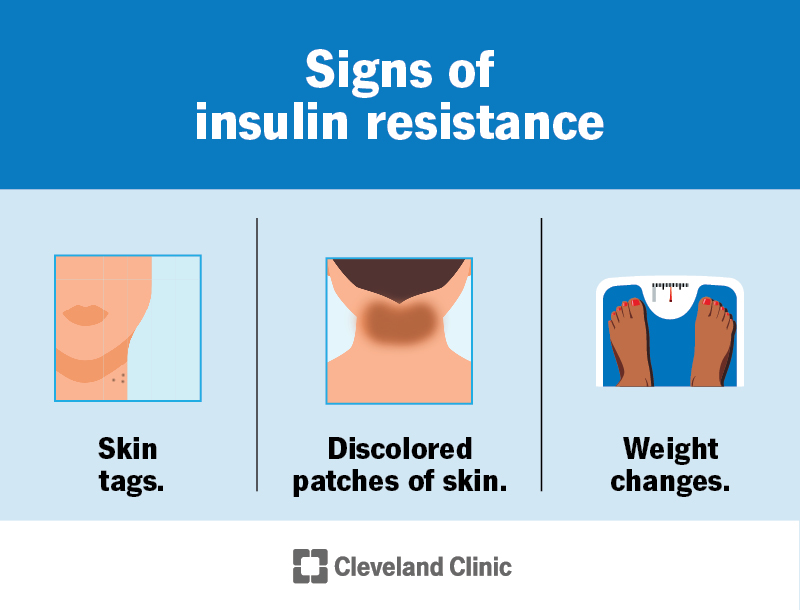rebrascora
Well-Known Member
- Relationship to Diabetes
- Type 1
- Pronouns
- She/Her
For me insulin resistance and insulin sensitivity is a very broad sliding spectrum. It isn't a static/specific condition, but that might be partly because I am Type 1 rather than Type 2. When my levels get above 8 I start to become less responsive to insulin and above 10 even more so, but if I do exercise I become much more sensitive to it.
I know we often refer to being more insulin resistant on a morning on the forum when what we actually mean is that our insulin (whether injected or endogenous) is having to fight against the glucose being released by the liver due to DP or FOTF rather than actual resistance, so I think @Docb is right that we use the term insulin resistance rather too loosely sometimes and it may have more to do with liver output and the pancreas not balancing that than actual insulin resistance. My feeling is that people who are at their personal fat threshold will have insulin resistance as the cells of the body have reached the point that they can't store anymore glucose as fat.... a bit like trying to eat more when you are already full to the gunnels.... I would guess that the statins may somehow affect the liver output of glucose or the pancreas' ability to deal with that glucose, perhaps confusing the signaling between the two organs resulting in imbalance, but that is just a gut feeling with no scientific knowledge.
I know from my own experience that my liver can chuck out a heck of a lot of glucose when it wants to and I have to be on the ball sometimes monitoring it to counteract that with an injection of insulin.
I know we often refer to being more insulin resistant on a morning on the forum when what we actually mean is that our insulin (whether injected or endogenous) is having to fight against the glucose being released by the liver due to DP or FOTF rather than actual resistance, so I think @Docb is right that we use the term insulin resistance rather too loosely sometimes and it may have more to do with liver output and the pancreas not balancing that than actual insulin resistance. My feeling is that people who are at their personal fat threshold will have insulin resistance as the cells of the body have reached the point that they can't store anymore glucose as fat.... a bit like trying to eat more when you are already full to the gunnels.... I would guess that the statins may somehow affect the liver output of glucose or the pancreas' ability to deal with that glucose, perhaps confusing the signaling between the two organs resulting in imbalance, but that is just a gut feeling with no scientific knowledge.
I know from my own experience that my liver can chuck out a heck of a lot of glucose when it wants to and I have to be on the ball sometimes monitoring it to counteract that with an injection of insulin.


